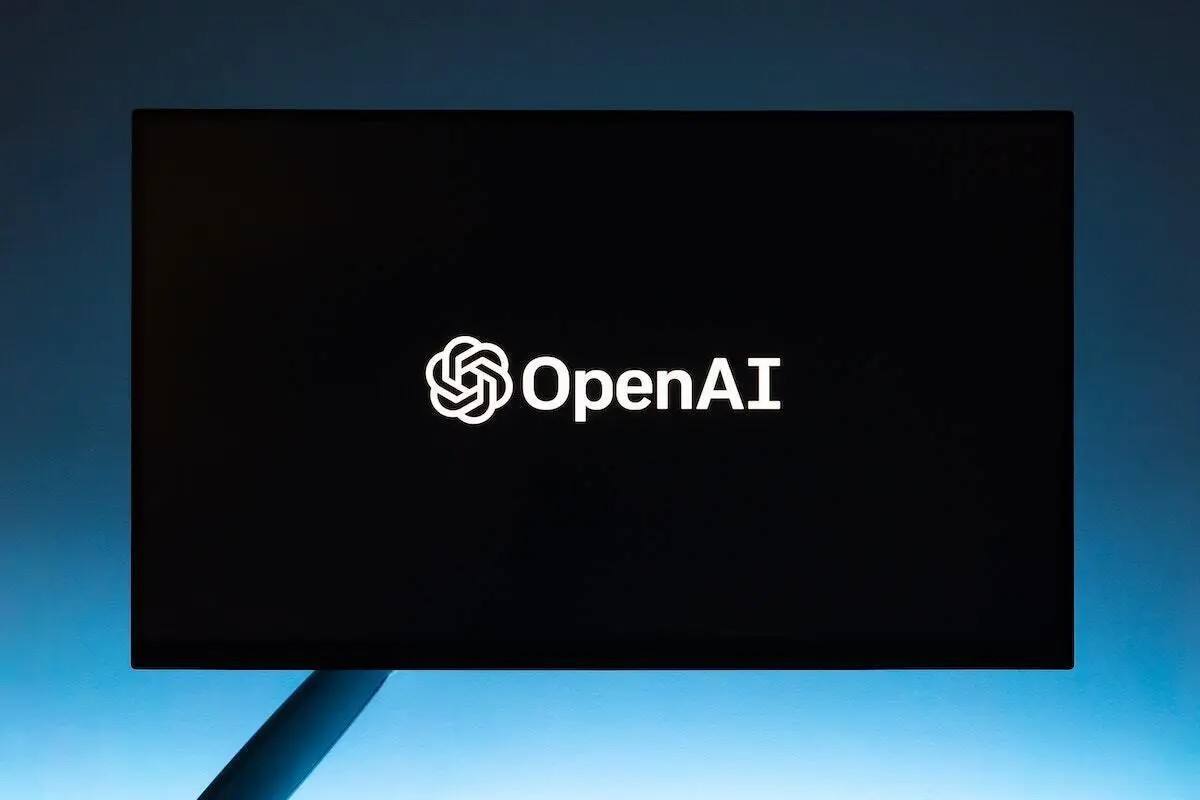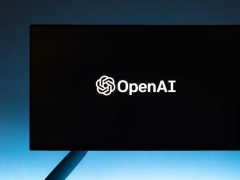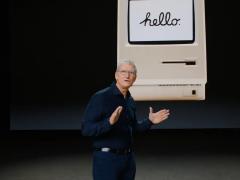At its annual Worldwide Developers Conference next week, smartphone giant Apple is expected to do what some of its competitors have already done, which is to unveil and promote powerful AI features. Those features are expected to be built into Apple’s upcoming iOS 18 and possibly include the long-rumored AppleGPT (which will not be called AppleGPT). That LLM-based chatbot may be baked into Apple's Siri assistant, or offered as a separate app.
Already, the latest vintage of Apple iPhones contain the Apple A17 Pro chip, which supports advanced AI capabilities.
Senior Bank of America analyst Wamsi Mohan predicts that Apple will nudge the smartphone world into the era of an AI-powered “IntelliPhone,” which is a horrible name that I hope never catches on.
Already, some 16% of globally shipped smartphones integrate AI capabilities, predicted to rise to 54% by 2028, according to a report by the market research firm Canalys.
Several very large smartphone companies are marketing smartphones as “AI phones”:
Samsung: The Galaxy S24 series prominently features AI capabilities, including Galaxy AI, which offers tools like Live Translate, Circle to Search, and AI-enhanced camera features.
Google: The Pixel 8 and Pixel 8 Pro are marketed with significant AI features such as Magic Editor, Best Take, and on-device generative AI capabilities through the Gemini model.
Xiaomi: The Xiaomi 14 series includes AI features like AI Portrait and various AI-enhanced photographic modes.Motorola: The Moto Edge 50 series includes AI features such as Generative Wallpapers and AI-enhanced camera tools like Adaptive Stabilization and Magic Eraser.
Asus: The Zenfone 11 Ultra includes AI features like live translation, noise cancellation, and generative wallpaper creation.
We can expect to see a host of AI phones from startups as well. At Mobile World Congress 2024, a company called Telekom showcased a concept AI phone that works without regular smartphone apps. Instead, it uses AI to perform tasks that would typically require apps. This concept phone aims to streamline user interactions by predicting and generating interfaces based on context and user intentions. It's not clear how feasible this idea is with the current state of AI.
It's likely that AI features will divide the market into two increasingly distant categories.
Smartphone makers like Apple will push privacy-focused AI processing on a chip inside the phone, which will initially incentivize upgrading to newer and more powerful (and more expensive) hardware. A new generation of high-end AI phones will offer super-fast connectivity and huge memory. They’ll be able to cache streams of video for video-inclusive multimodal AI.
The “Generative AI Phone Industry Whitepaper,” jointly released by Counterpoint Research and MediaTek, forecasts that a billion high-end AI smartphones will exist by 2027. (Note that MediaTek is a fabless semiconductor company with a strong business interest in the future of smartphone hardware.)
But budget-minded phone makers will focus on using the phone only for its camera and connectivity, dumbing down the chips (and thus driving down the cost) and accessing AI in the cloud.
Smartphone companies will roll out a host of new AI features, and I think they’ll prove popular. AI will not only bring ChatGPT-like answers, but also greater personalization, better performance, stronger privacy and security, better battery life, more useful health monitoring, more options for creative expression, especially in photo apps, and eventually even lower prices.
Budget smartphone buyers will love the features, plus the low cost, of cloud-AI phones.
In both cases, AI will probably become the dominant feature and the main interface that people will use. AI usage encourages voice in both directions — we’ll talk to AI through our phones, and AI will talk back. Or AI will harvest video, audio, and text and give us information by talking or showing words and pictures on the phone.
But here's why this outcome means trouble for the smartphone hardware industry.
The great thing about AI is that it’s software-upgradable. When you buy a phone, the phone gets better mainly through software updates, not hardware updates. It will become increasingly difficult for companies like Apple to convince buyers to shell out $1,000 for a new phone every couple of years, when the features they prize most are upgradable with changes to cloud services or with software updates to the phone.
AI also changes the interface game. As we’re talking back and forth with AI agents, people will use earbuds and, increasingly, AI glasses to interact with AI chatbots. The glasses will use built-in cameras for photo and video multimodal AI input.
As glasses become the main interface, the user experience will likely improve more with better glasses (not better phones), with improved light engines, speakers, microphones, batteries, lenses, and antennas. With the inevitable and inexorable miniaturization of everything, eventually a new class of AI phones will emerge that won’t need wireless tethering to a smartphone at all, and will contain all the elements of a smartphone in the glasses themselves.
Smartphones will be with us for many years to come. And we can look forward to a wide range of experimental wearable devices, improved smart watches, AI car windshields, AI earbuds, AI everything. But I believe that AI smart glasses will replace smartphones as the go-to, every day, all day device that the public relies upon.
Glasses will prove to be the winning device, because glasses can position speakers within an inch of the ears, hands-free microphones within four inches of the mouth and, the best part, screens directly in front of the eyes. Glasses can be worn all day, every day, without anything physically in the ear canal. In fact, roughly 4 billion people already wear glasses every day. The addition of AI electronics will be a trivial burden for these wearers and a popular choice even for those with perfect vision.
The AI glasses singularity, where more people buy AI glasses than smartphones, is a few years away — a very few years. But I’m sure it will happen. And that’s why companies like Apple and Google are applying for a dizzying range of patents for the technology that will power the AI glasses revolution.
In 2011 Marc Andreessen, co-founder of the venture capital firm Andreessen Horowitz, asserted in a Wall Street Journal essay that “software is eating the world.” He was right, of course. But in this decade it’s AI software, specifically, that’s eating our world.






